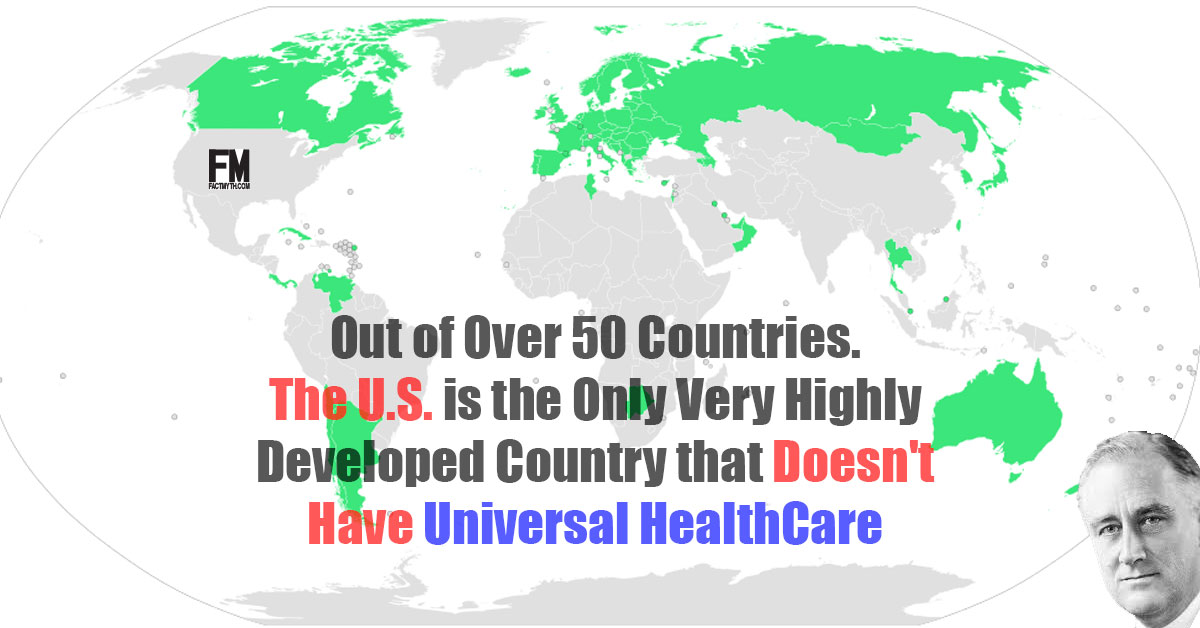Managed Care Program
The information is meant to remain exclusive, however there is no assurance that it will certainly stay personal once the data has actually been assessed. In a system of taken care of care, your alternatives are very restricted when it pertains to choosing your very own medical professional.
Who pays managed care?
PPOs are also the most popular form of Managed Care (Health Insurance In-Depth). Point of Service (POS) medical care limits choice, but offers lower costs when compared to HMOs and PPOs. Generally an individual chooses a primary health care physician within a health care network.
Which one of the following choices was an outcome of managed care for physicians?
Costs are increased to younger, healthier individuals who are, in effect, subsidizing older or less healthy individuals. Cost sharing: Provision of healthcare insurance policy that requires policyholders to pay for a portion of their healthcare services; a cost control mechanism.
In the 21st century, commercial payers were progressively using litigation against providers to fight alleged fraud or misuse. Examples included lawsuits in between Aetna as well as a group of medical facilities over an out-of-network overbilling plan and also kickbacks for recommendations, where Aetna was inevitably granted $37 million. While Aetna has led the campaign, various other health insurance companies have actually engaged in comparable efforts. The methods can be related to both network-based advantage programs and advantage programs that are not based on a provider network.
What are the disadvantages of managed care?
Managed care plans are a type of health insurance. They have contracts with health care providers and medical facilities to provide care for members at reduced costs. These providers make up the plan's network. How much of your care the plan will pay for depends on the network's rules.
- One of the most common took care of care financial arrangement, capitation, places doctor in the role of micro-health insurance providers, presuming the responsibility for handling the unknown future healthcare costs of their clients.
- As Cox shows, carriers can not be appropriately made up for their insurance dangers without compeling handled care companies to come to be price uncompetitive vis-a-vis danger preserving insurance firms.
- Small insurance providers, like specific consumers, have a tendency to have annual expenses that vary far more than bigger insurance firms.
- Nonetheless, clients who sign up in a managed treatment strategy ought to know both the benefits and the downsides of those plans.

Oral screenings are not needed for EPSDT recipients, and they do not be adequate as a straight oral referral. If a condition calling for therapy is found during an oral screening, the state is responsible for paying for this solution, despite whether or not it is covered on that particular particular Medicaid plan. Unlike Medicaid, Medicare is a government-mandated insurance. program moneyed at the government degree and also focuses mainly on the older population.
Does managed health care reduce costs?
The disadvantages of HMOs include: HMOs tend to have many rules including restrictions on doctors that the patient can see. They are also restricted in the hospitals, labs and other facilities that they can use. In order to see a specialist, the PCP must provide a referral.

With changes in treatment and healthcare, plan enrollers search for means to decrease prices on their own as well as strategy participants, the tighter the network of companies, the much more affordable the plan. Being familiar with the choices may help you discover inexpensive medical insurance Handled treatment tends to lower or remove people' incentives to overuse solutions. It typically reduces patient out-of-pocket expenditures as well as various other economic barriers to health care. Handled care also has the potential to achieve far better sychronisation of client services.
As a whole, wealthier individuals might select PPO plans while budget-minded consumers will usually prefer HMOs. Nevertheless, for those who need to see specialists typically, the PPO strategy may be preferable despite the added costs. For example, people with preexisting conditions might need to pay even more although Obamacare will certainly prevent companies from withholding insurance coverage in the future.
What do you see as some of the most significant impacts of managed care for patients?
private health insurance market has shown that managed care plans reduce healthcare costs by reducing healthcare utilization (Glied 2000)[22] and by reducing prices paid to healthcare providers (Cutler et al.
They are accredited at the state degree, under a certificate that is referred to as a certification of authority (COA), as opposed to under an insurance policy permit. In 1972, the National Organization of Insurance Commissioners adopted https://postheaven.net/bobbiekxat/h2-the-principles-of-health-care-funding-h2-h2-how-much-do-us-citizens-pay the HMO Design Act, which was planned to give a model Go to the website regulative framework for states to utilize in accrediting the establishment of HMOs and in checking their operations.